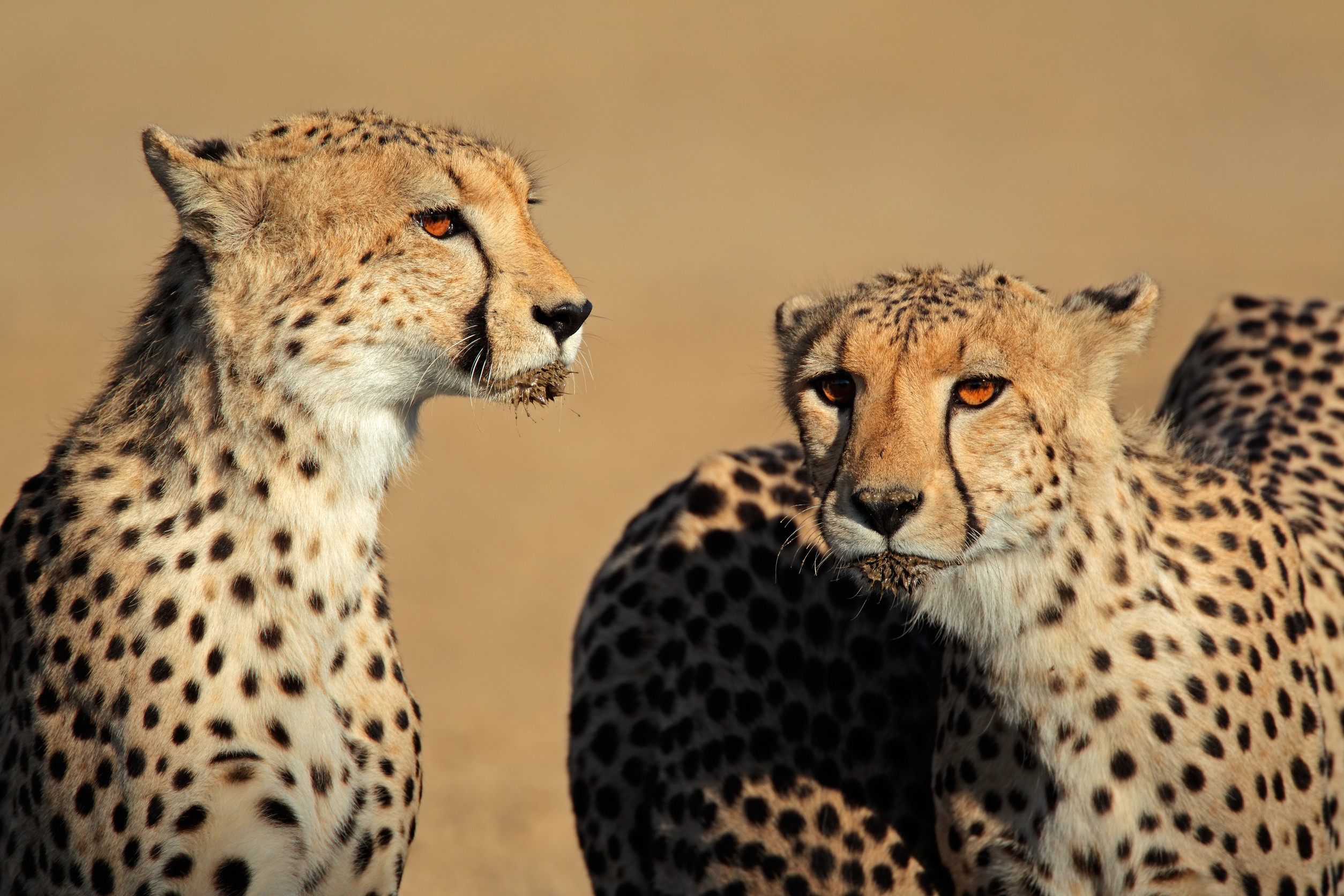Bees and other pollinating insects are responsible for 1 out of 3 bites of the food that we eat every day, and yet pollinators are at a critical point in their own survival. To prevent their declining numbers, the National Pollinator Garden Network set a nationwide call to action in 2015 to preserve and create gardens and landscapes that help revive the health of bees, butterflies, birds, bats, and other pollinators across America. Since then, over 1 million homeowners and gardeners from around the world have joined the fight to save the dwindling populations of these tiny animals. Though most of the registered pollinator gardens are concentrated in the US, the ambitious project has also recruited members in Canada, Mexico, and Europe. The registered spaces, most of which are comprised of private yards and public gardens, all add up to a network of approximately 5 million acres of enhanced or new pollinator habitat. This collective effort has already accomplished great things for bees, butterflies, and other pollinator species that play a critical role in our natural world. If you want to make your garden or patio into a habitat for insects, check out the story below this.

Over 1 million gardeners join efforts to save declining bee populations
More of Today's Solutions
6 surprising signs of loneliness women often miss (and how to reconnect)
BY THE OPTIMIST DAILY EDITORIAL TEAM On the outside, things seem… fine. Work is demanding but fulfilling. Family life is busy. The calendar’s full. ...
Read MoreWhy a cheetah sperm bank may be key to saving the species from extinction
BY THE OPTIMIST DAILY EDITORIAL TEAM In the heart of Namibia, a unique conservation project is quietly preparing for a future no one wants ...
Read MoreTry these yoga poses for deeper sleep
Yoga is a practice meant to boost mindfulness and physical wellness, so it’s no surprise that it can also improve sleep. If you’re one ...
Read MoreU.S. women’s relay swim team wins olympic gold, claims new world record
BY THE OPTIMIST DAILY EDITORIAL TEAM On Sunday, the United States women's relay swim team won a historic 4x100 meter medley relay, claiming Olympic ...
Read More








